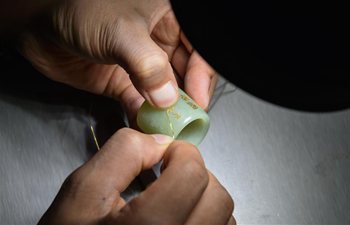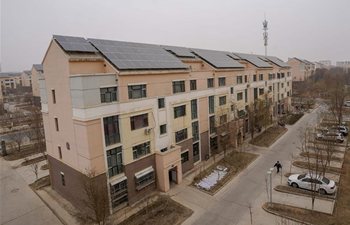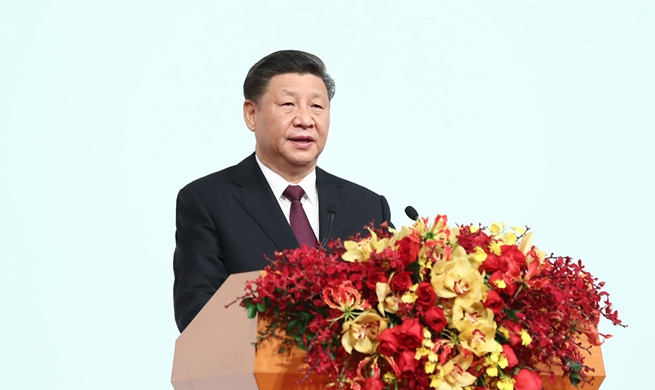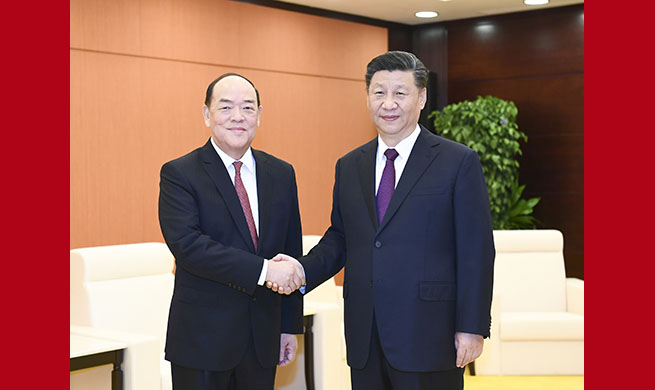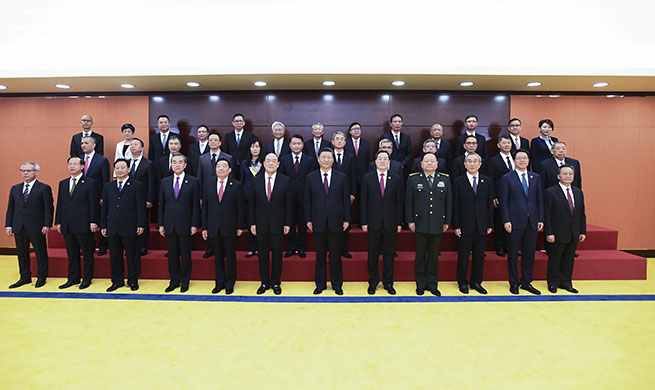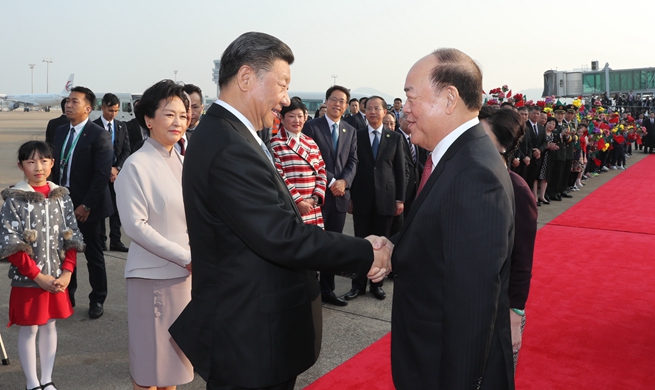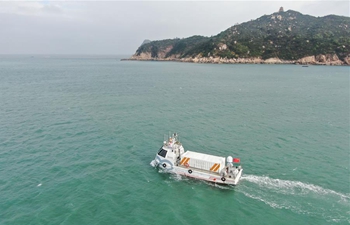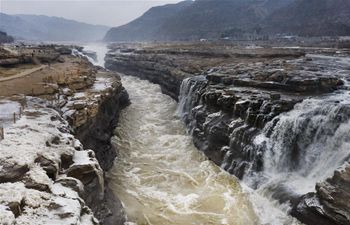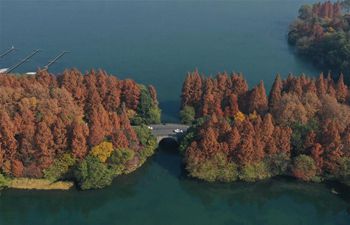KHARTOUM, Dec. 21 (Xinhua) -- Ministers of Sudan, Egypt and Ethiopia held meetings in Sudan's capital Khartoum on Saturday to discuss issues regarding the Grand Ethiopian Renaissance Dam (GERD).
The meeting is the third of its kind held at the ministerial level as well as the level of the joint technical committees, to reach agreement on the issue of filling and operating the GERD before Jan. 15, 2020.
"We hope the parties would reach results on key issues," said Sudan's Irrigation and Water Resources Minister Yasir Abbas while addressing the opening session of the meetings.
Egyptian Minister of Water Resources and Irrigation Mohamed Abdel Aty stressed the need to focus the discussion on the issue of filling and operating the dam together with the periods of droughts and desertification.
He further noted that Egypt prefers reaching a comprehensive deal on all issues of the GERD based on the Declaration of Principles signed in 2015 as a reference agreement.
Ethiopian Water, Energy and Irrigation Minister Selishi Bekele, for his part, said that the first phase of filling the GERD's lake would begin in July 2020.
He pointed out that the meeting tends to discuss the mechanism for filling the basin of the dam's lake.
Representatives of the U.S. Treasury and the World Bank attended Khartoum's meetings which will last for two days.
In March 2015, leaders of Egypt, Sudan and Ethiopia signed the Declaration of Principles committed to reaching an agreement regarding the GERD through cooperation. But differences have been standing despite the deal.
Ethiopia started building the GERD in 2011, while Egypt, a downstream Nile Basin country that relies on the river for its fresh water, is concerned that the dam might affect its 55.5-billion-cubic-meter annual share of the water resources of the river.
The GERD, extending on an area of 1,800 square kilometers, is scheduled to be completed in three years at a cost of 4.7 billion U.S. dollars.
